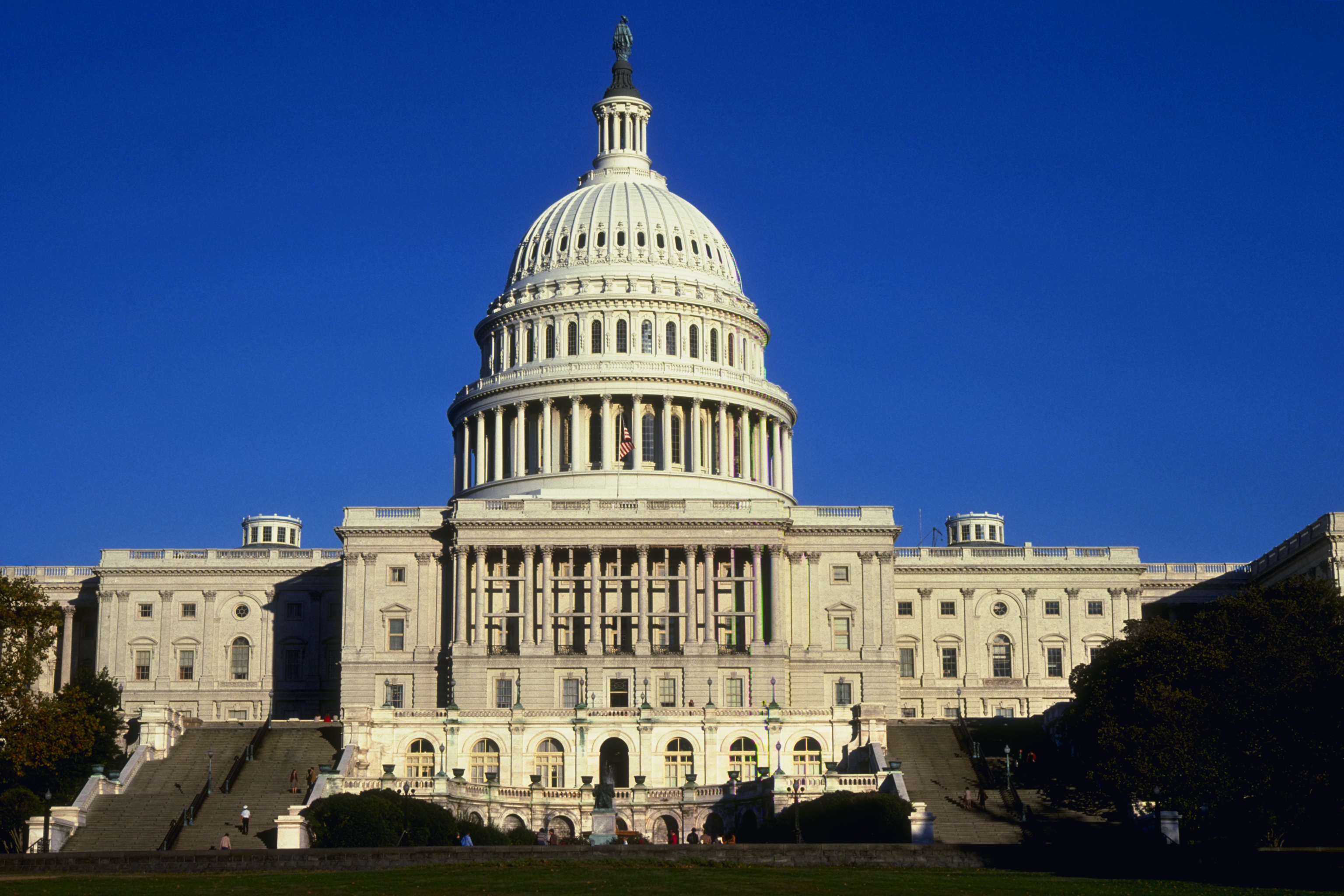
Republican bill seeks to counterbalance perceived regulatory excesses.
“Where Congress won’t act, I will,” President Obama declared last year. In the past six years, his administration has added over 17,000 pages to the Code of Federal Regulations, a collection of the general and permanent rules published by departments and agencies of the federal government. Republicans consider such facts as evidence that President Obama’s regulatory agenda is “out of control.”
The Regulations from the Executive in Need of Scrutiny (REINS) Act, introduced in the House by Republican Representative Todd Young of Indiana, seeks to check perceived executive overreach and make federal agencies more accountable to Congress. The House Judiciary Committee approved the REINS Act in mid-April, and it is pending a floor vote. The Senate version of the bill remains under review in the Senate Committee on Homeland Security and Governmental Affairs.
If adopted, the REINS Act would require Congress and the President to affirm any federal rule having an annual economic impact of $100 million or more before it can take effect.
Most years under the Obama administration, federal agencies passed between 80 and 100 major rules, impacting every sphere of life, from the Environmental Protection Agency’s regulation of mercury emissions to the Federal Communications Commission’s bid to control internet service providers. Republicans argue that such pervasive regulation undermines the system of representative government by enabling the executive branch to act outside the boundaries of congressional control.
Republicans also worry about the economic impact of too much regulation. House Judiciary Committee Chairman Bob Goodlatte claims that in 2013 alone, “unnecessary regulation imposed an estimated burden of $1.86 trillion” on the American economy, an amount which translates to “approximately $15,000 per U.S. household.”
Proponents of the REINS Act believe that it will rectify the lag between when Congress delegates legislative authority and when the executive exercises it. The executive branch could no longer pass major regulations with significant economic impact based on a years old Congressional grant. Rather, Congress and the president would have to affirm the rule. For example, the FCC would not be able to use its power to regulate telephone companies under Title II of the Communications Act, passed over 80 years ago, to implement net neutrality rules unless Congress and the president were to approve the rule.
However, the REINS Act also has fierce opponents. Some argue that it would restrain necessary executive action and allow Congress to interfere with the expertise behind regulatory decisions. David Goldston of the Natural Resources Defense Council, says that it “would replace a process based on expertise, rationality and openness with one characterized by political maneuvering, economic clout and secrecy.”
Under the bill, if Congress does not pass an approval resolution within 70 days of an agency forwarding a proposed rule for consideration, then the rule will lapse and not take effect. Supporters claim the provision will expedite the approval process in the House and Senate. Meanwhile, opponents argue that it will block many rules through inaction, given the likelihood of political gridlock over significant rules.
This is not the first time Congress has attempted to increase control over executive rule making. In the 1996 Congressional Review Act, Congress established the power to override major regulations by passing a joint resolution of disapproval. However, the president must also ratify the resolution, making a joint resolution of disapproval attacking the President’s own regulatory agenda unlikely to be effective. Congress has only successfully wielded its power under the 1996 Act once, blocking an Occupational Safety and Health Administration rule about repetitive motion injuries in 2001.
The House first passed the REINS Act in 2011, and again in 2013, but the Senate declined to take it up either time. In 2014, the House again passed the Act, but it failed in the Democrat controlled Senate. With Republicans now in control of both houses, some predict the REINS Act will easily pass this year. However, it remains very unlikely that President Obama will sign the bill into law.



